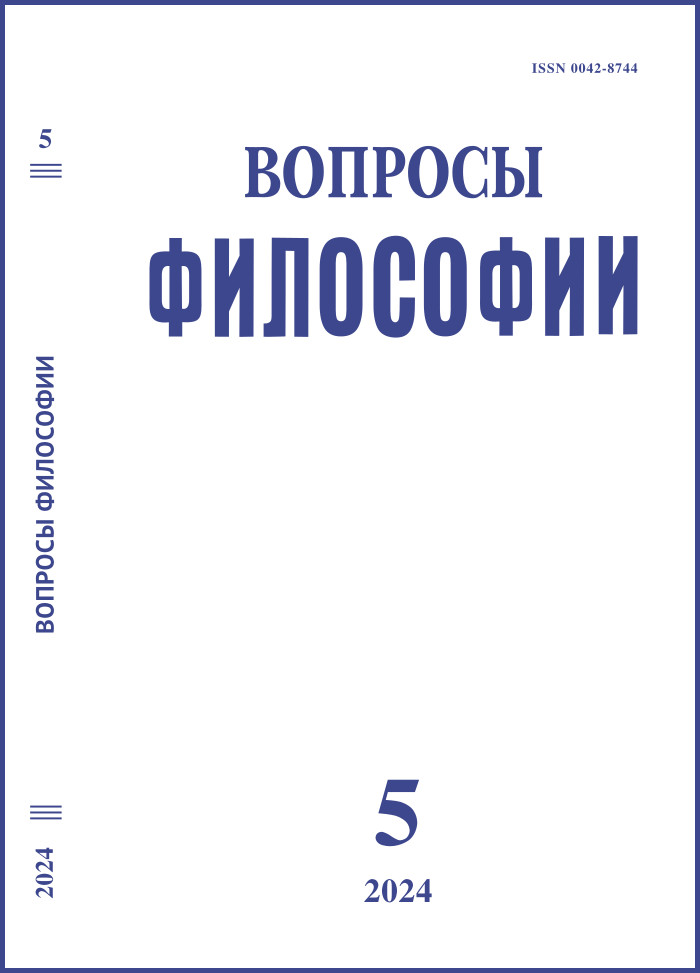Virtual Worlds of Neurophenomenology
DOI:
https://doi.org/10.21146/0042-8744-2024-5-147-153Keywords:
enactivism, neurophilosophy, neurophenomenology, virtual selves, society of mind, microworlds, microidentities, selfless selvesAbstract
In this article, the perspectives of Francisco Varela and Thomas Metzinger on the notion of selfhood are explored, highlighting their differences and similarities. The focus is on how the perception of self and the surrounding world is inseparable from elements of virtuality and simulation, which are vital in cognitive processes. Metzinger emphasizes perception’s illusory and simulated nature, whereas Varela considers phenomenal perception an actively created virtual reality. Both approaches challenge the traditional view of a stable, centralized ‘self’, seeing selfhood as the result of multiple interacting processes. Varela is centered on an enactivist vision, treating active engagement with the world as a crucial element in forming selfhood. At the same time, Metzinger focuses on phenomenal self-modeling and the illusory nature of selfhood. The article also addresses the ethical differences between the two concepts. Metzinger points to potential issues in creating self-aware AI, while Varela sees in the understanding of a non-substantial ‘self’ the possibility for deeper engagement with the world, suggesting freedom from the constraints of rigidly stabilized selfhood and openness to diverse aspects of the environment.

